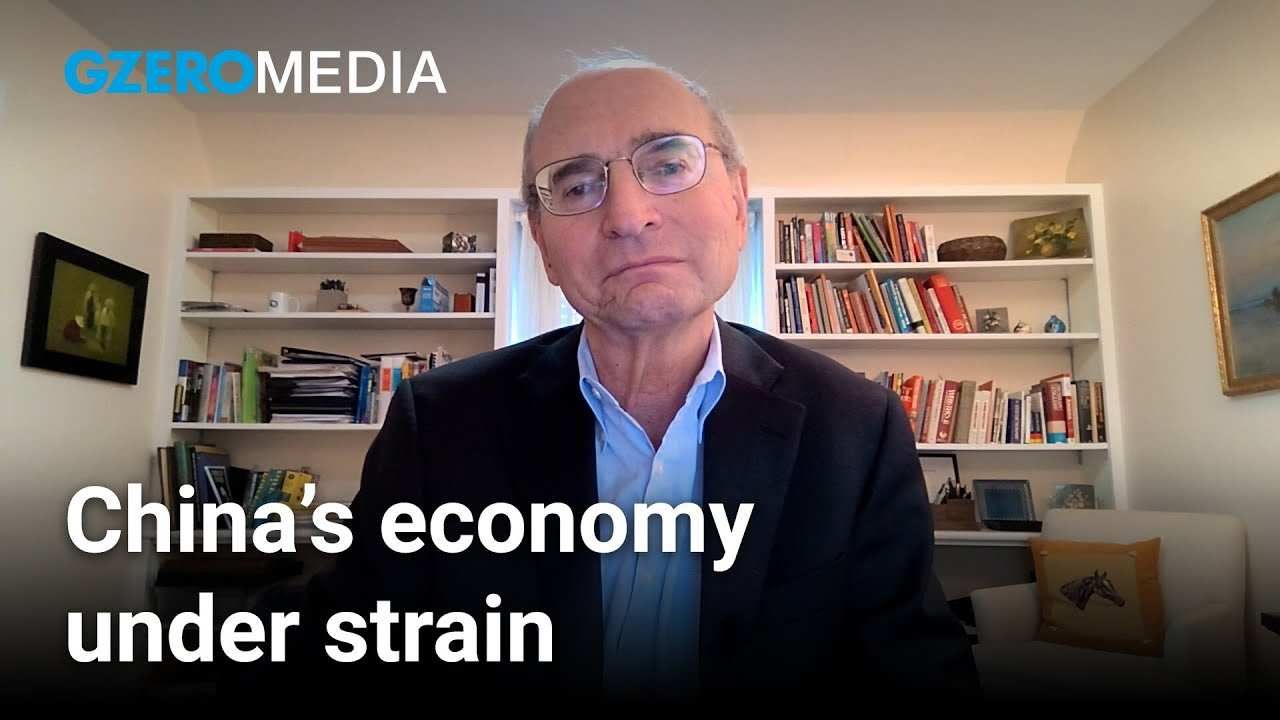News
April 18, 2019
30 million: When police arrived at the home of Peru's former President Alan Garcia on Wednesday to arrest him on bribery charges, he killed himself. Brazilian construction firm Odebrecht, focal point of the enormous, multi-country Lava Jato corruption investigation, has admitted to paying $30 million of bribes in Peru since 2004. All of Peru's living ex-presidents are either in jail or under investigation for corruption.
20 billion: The EU this week threatened tariffs on $20 billion of US goods ranging from ornamental fish to exercise equipment as part of a long-running dispute over aerospace subsidies at the World Trade Organization. Washington recently listed $11 billion of European items that could be subject to new levies. Upcoming US-EU trade talks should be fun.
1,800: China granted permanent residency to just 1,800 foreigners in 2017, the latest year for which data is available, compared to about 1 million "green cards" given by the US to immigrants each year. Relative to its size, China is home to fewer foreigners than almost any other country in the world.
64: It may not take long for Democrats to find their 2020 presidential nominee. Under the current schedule, 64 percent of pledged delegates to the Democratic Party's national convention will be awarded in the first seven weeks of primary elections and caucuses, from February 3 to March 17, 2020. That percentage will increase if Colorado, Georgia, and New York—three large states that have not yet set a date for their votes—land during that period.
More For You

- YouTube
Is China’s economic model reaching a breaking point? In GZERO’s 2026 Top Risks livestream, Cliff Kupchan, Chairman of Global Macro at Eurasia Group, highlights mounting pressures on the Chinese economy.
Most Popular
2026 is a tipping point year. The biggest source of global instability won’t be China, Russia, Iran, or the ~60 conflicts burning across the planet – the most since World War II. It will be the United States.
While surgeons remain fully in control, technological advances are expanding the use of surgical robots in operating rooms. As adoption accelerates, so do the expectations for patient outcomes and surgical care. Track medical innovation trends with Bank of America Institute.
- YouTube
Europe enters 2026 under mounting strain as it confronts external threats, internal political pressures, and a weakening relationship with the United States. In GZERO’s 2026 Top Risks livestream, Mujtaba Rahman, Managing Director for Europe at Eurasia Group, describes a continent that is “exhausted, fatigued, weak, and vulnerable.”
© 2025 GZERO Media. All Rights Reserved | A Eurasia Group media company.